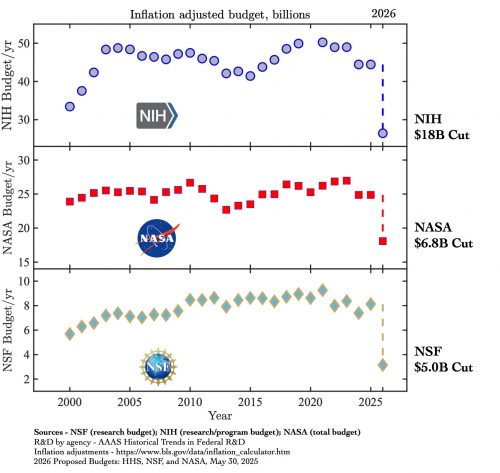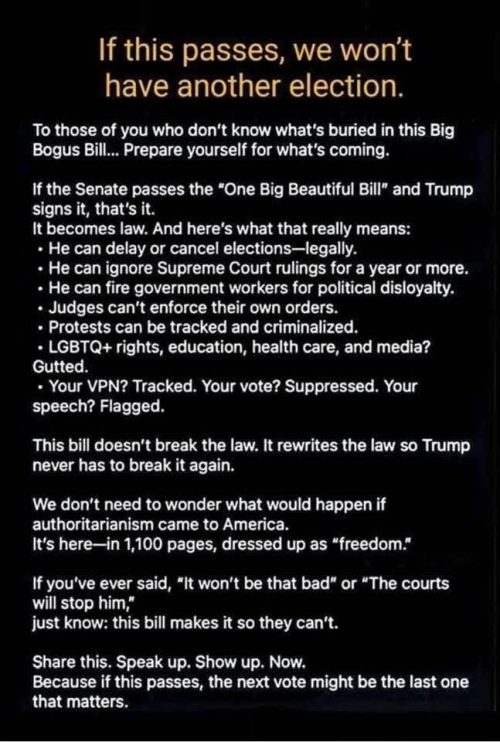Santa Ono was hoping to be appointed to the presidency of the University of Florida. I have sad news.
On Tuesday afternoon, Ono’s presidency was shot down in a 6-10 vote by the Florida Board of Governors, the governing board for the state’s university system. The move was made after prominent Florida conservatives questioned Ono’s past support of DEI and alleged inaction on combating antisemitism.
He was formerly the president of the University of Michigan. He wasn’t well liked there, either.
University leaders, faculty and alumni took aim at Ono for various reasons, from his decisions to curb DEI efforts on the Ann Arbor campus to his crackdowns on pro-Palestinian protesters to alleging he too easily changes his views on issues.
He seems to have been a wishy-washy Trumpian.
Ono oversaw cuts to the university’s long-standing diversity, equity and inclusion programs. This includes March moves to discontinue UM’s DEI 2.0 Strategic Plan and close its Office of Diversity, Equity and Inclusion and Office for Health Equity and Inclusion.
…
Ono also saw criticism from both sides on his handling of pro-Palestinian protests and antisemitism on the Ann Arbor campus. At least 50 people have been arrested in connection with pro-Palestine protesting at the Ann Arbor university since October 2023.
I’m a bit exasperated with this predictable rhetorical trick of claiming that protesting a genocide is “anti-semitic”. I don’t think murdering civilians is a standard Jewish value.












